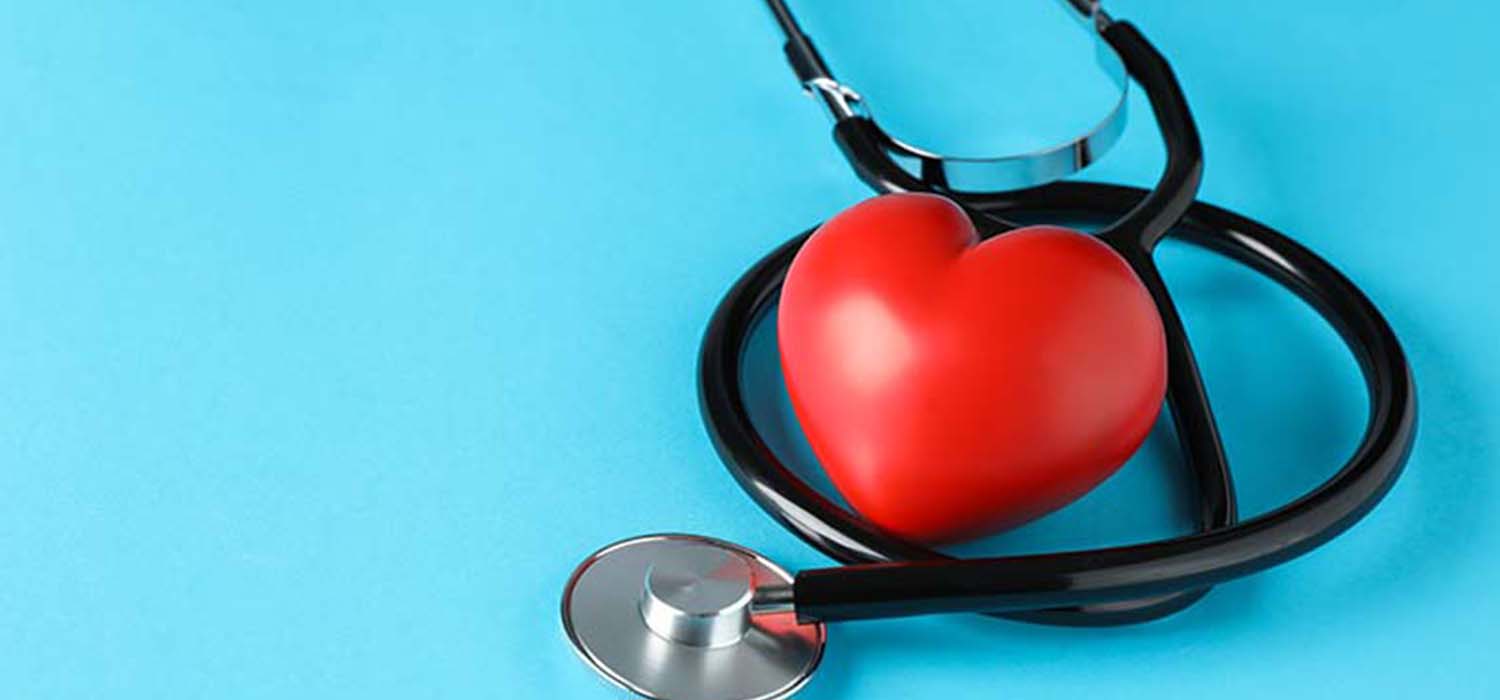
How Cholesterol affects heart health
Cholesterol is a waxy substance found in the body that plays a crucial role in various physiological functions. While it is essential for normal body function, having high levels of cholesterol can significantly impact heart health. In this blog post, we will delve into what cholesterol is, how it affects the heart, the symptoms of high cholesterol, and preventive measures to maintain a healthy heart.
What is Cholesterol?
Cholesterol is a type of fat that is produced by the liver and can also be found in certain foods. It is essential for building cell membranes, producing hormones, and aiding in digestion. Cholesterol is carried through the bloodstream by lipoproteins, with two primary types being low-density lipoprotein (LDL) and high-density lipoprotein (HDL).
LDL Cholesterol: Often referred to as "bad" cholesterol, LDL carries cholesterol from the liver to the cells. High levels of LDL can lead to plaque formation in the arteries, restricting blood flow and increasing the risk of heart disease.
HDL Cholesterol: Known as "good" cholesterol, HDL helps remove excess cholesterol from the bloodstream and transports it back to the liver for disposal. High levels of HDL can help protect against heart disease.
How Does Cholesterol Impact Heart Health?
When the levels of LDL cholesterol are elevated, it can lead to the formation of plaque in the arteries, a condition known as atherosclerosis. Over time, this plaque buildup narrows the arteries, reducing blood flow and oxygen supply to the heart muscle. If a clot forms and completely blocks a narrowed artery, it can result in a heart attack.
High cholesterol itself does not cause noticeable symptoms. It is often referred to as a silent condition. However, the effects of high cholesterol on heart health can manifest in various ways:
- Chest Pain : Also known as angina, chest pain may occur when the blood flow to the heart is reduced due to narrowed arteries.
- Shortness of Breath : When the heart does not receive enough oxygen-rich blood due to reduced blood flow, it can lead to breathlessness, especially during physical exertion.
- Heart Attack : Complete blockage of an artery can result in a heart attack, causing symptoms such as chest pain, nausea, sweating, and pain radiating to the arm, jaw, or back.
Prevention of High Cholesterol
Preventing high cholesterol involves adopting a heart-healthy lifestyle and making positive changes to reduce cholesterol levels:
Healthy Diet : Incorporate a diet rich in fruits, vegetables, whole grains, lean proteins, and healthy fats, while limiting saturated and trans fats, cholesterol-rich foods, and processed snacks. Choose sources of omega-3 fatty acids, such as fatty fish, flaxseeds, and walnuts, which can help improve cholesterol levels.
Regular Exercise : Engage in physical activity for at least 150 minutes per week. Aerobic exercises like brisk walking, jogging, swimming, or cycling can help lower LDL cholesterol and increase HDL cholesterol.
Maintain a Healthy Weight : Excess weight can contribute to higher LDL cholesterol levels. Achieve and maintain a healthy weight through a balanced diet and regular exercise.
Quit Smoking : Smoking damages blood vessels, reduces HDL cholesterol levels, and promotes the development of plaque in the arteries. Quitting smoking is essential for improving heart health.
Limit Alcohol Consumption : Excessive alcohol intake can increase cholesterol levels and lead to high blood pressure. Moderation is key, with recommended limits being one drink per day for women and up to two drinks per day for men.

